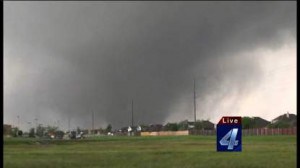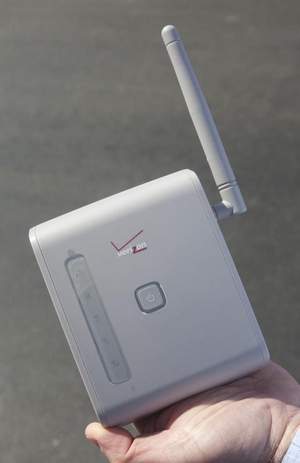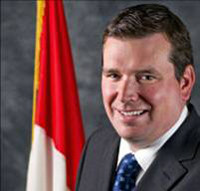
Helderle
A Charter Cable technician from St. Charles, Mo. was convicted of tying up and sexually assaulting an O’Fallon customer after she reported him for asking her out in an unwanted text message.
Jurors deliberated for only about an hour before convicting 22-year old Michael Helderle on four felony counts, recommending a 75 year prison sentence.
Helderle was employed by Communications Unlimited, a contractor performing work on behalf of Charter Communications.
When the victim requested a service call from Charter on Dec. 4, Helderle showed up. He obtained her cell phone number and asked her out on a date later that evening. The victim reported the text message to Charter and Helderle was fired.
The next day, Helderle broke into her apartment while she was on a video chat with her boyfriend, who was 1,700 miles away on an Air Force base. He called authorities after witnessing Helderle in the apartment.
Helderle handcuffed and tied up the victim, gagged and sexually assaulted her, covering her with a pillow. He then stole her cell phone and cash. When police arrived, Helderle placed a knife to the victim’s throat and threatened her if she called out.
 Helderle eventually escaped the apartment while police untied the victim. He was arrested hours later.
Helderle eventually escaped the apartment while police untied the victim. He was arrested hours later.
Charter defended its actions after the incident:
“Charter recognizes that it is a privilege to be allowed into customers’ homes to install our services. Our customer’s safety is of utmost importance and precautions are taken seriously. We require criminal background checks on all in-home contractors prior to performing any work for Charter.”
It was not enough to avoid offering Helderle employment.
Cable operators use third-party contractors to cut costs and sometimes limit liability. Critics contend third-party contractors often use lower standards of employment and compensate their workers at a considerably lower rate of pay with fewer benefits.
[flv width=”640″ height=”380″]http://www.phillipdampier.com/video/KSDK St Louis James Helderle charged with tying up woman 12-06-12.flv[/flv]
KSDK in St. Louis covered the break-in and sexual assault back in December in this video report. (2 minutes)
[flv width=”640″ height=”380″]http://www.phillipdampier.com/video/KSDK St Louis James Helderle convicted of burglary and sodomy 5-16-13.flv[/flv]
KSDK followed up on the story last week, noting the Charter Cable subcontractor was convicted of burglary and sodomy. (2 minutes)


 Subscribe
Subscribe


 The union considers Verizon’s wireless alternative less adequate than the wireline facilities Verizon wants to abandon. The CWA wants the PSC to study Voice Link’s performance during times of peak cellular usage times, power outages, adverse weather, and inadequate reception.
The union considers Verizon’s wireless alternative less adequate than the wireline facilities Verizon wants to abandon. The CWA wants the PSC to study Voice Link’s performance during times of peak cellular usage times, power outages, adverse weather, and inadequate reception.
 When Industry Canada announced it was planning to boost competition by setting aside certain spectrum for new competitors entering the wireless marketplace, the Conservative government promised Canadians they would see a new era of robust competition and lower prices as a result.
When Industry Canada announced it was planning to boost competition by setting aside certain spectrum for new competitors entering the wireless marketplace, the Conservative government promised Canadians they would see a new era of robust competition and lower prices as a result.

